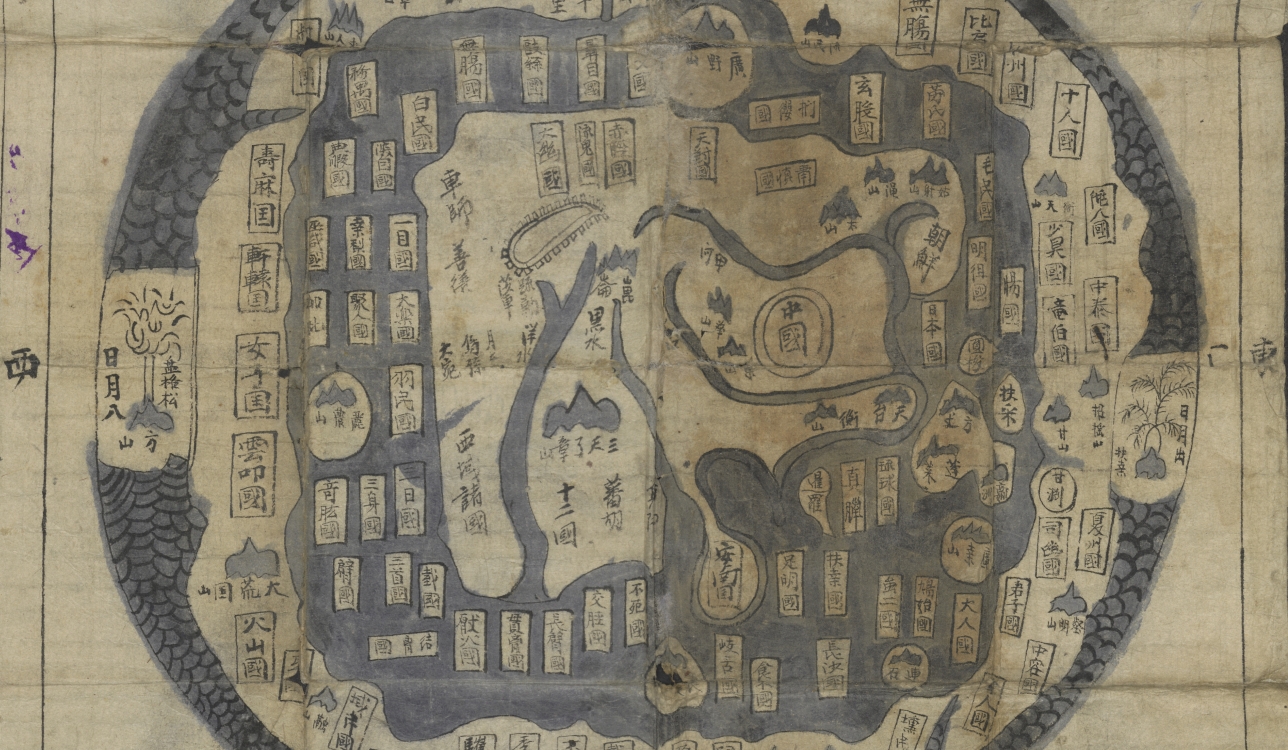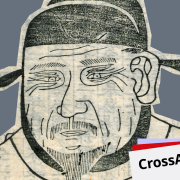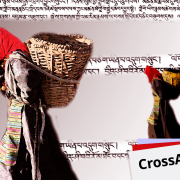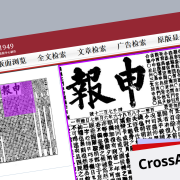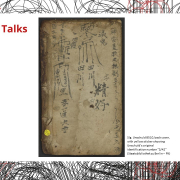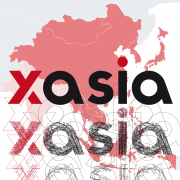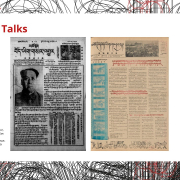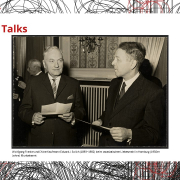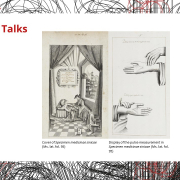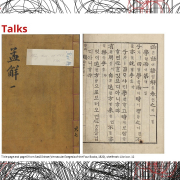CrossAsia Talks: Lukáš Kubík 05.05.2025
(See English below)
Nach seinem Aufenthalt in der Ostasienabteilung der Staatsbibliothek zu Berlin im Rahmen des Stipendienprogramms der Stiftung Preußischer Kulturbesitz im Jahr 2024 hält Herr Lukáš Kubík (Karls-Universität, Prag) am 05.05.2025 ab 18 Uhr (Berliner Zeit) einen Onlinevortrag mit dem Thema „(Un)official Korean Sources on late Koryŏ in the Staatsbibliothek zu Berlin’s East Asian Collection“. In seinem Vortrag wird er die Erkenntnisse aus seiner Forschung in den Berliner Beständen zu historischen Quellen aus der späten Koryŏ-Zeit genauer vorstellen.
In this lecture, I will talk about Korean historical sources held in the East Asian collection of the Staatsbibliothek zu Berlin, focusing on both official and unofficial narratives from the late Koryŏ period onward. While official histories document key events, a range of unofficial sources offers unique, often personal perspectives that enrich our understanding of the past. Among these are educational texts used in private academies, or Sŏwŏn (書院), which compile Korean history from earlier works to create accessible overviews for students. Equally significant are the Munjip (文集), or collected writings of scholars, officials, and literati, which capture personal reflections and experiences rarely found in state-sanctioned records. These various sources reveal a complex and multifaceted picture of Korea’s historical and intellectual traditions, allowing us to explore widely accepted accounts and individual viewpoints.
Die Vortragssprache ist Englisch. Bei Fragen kontaktieren Sie uns unter: ostasienabt@sbb.spk-berlin.de.
Der Vortrag wird via Webex gestreamt und aufgezeichnet*. Sie können am Vortrag über Ihren Browser ohne Installation einer Software teilnehmen. Klicken Sie dazu unten auf „Zum Vortrag“, folgen dem Link „Über Browser teilnehmen“ und geben Ihren Namen ein.
Alle bislang angekündigten Vorträge finden Sie hier. Die weiteren Termine kündigen wir in unserem Blog und auf unserem X-Account an.
Weitere Informationen zum Vortragsthema finden Sie im Gastbeitrag von Herrn Kubík zu seinem Forschungsaufenthalt an der Staatsbibliothek zu Berlin. Alle Informationen zum Stipendienprogramm der Stiftung Preußischer Kulturbesitz können Sie hier finden.
—
After his stay as part of the grant programme of the Stiftung Preußischer Kulturbesitz, Mr Lukáš Kubík (Charles University, Prague) will give an online lecture on 5 May 2025 from 6 pm (Berlin time) on the topic ‘(Un)official Korean Sources on late Koryŏ in the Staatsbibliothek zu Berlin’s East Asian Collection’. In his lecture, he will present the findings from his research in the Berlin holdings on historical sources from the late Koryŏ period in more detail.
In this lecture, I will talk about Korean historical sources held in the East Asian collection of the Staatsbibliothek zu Berlin, focusing on both official and unofficial narratives from the late Koryŏ period onward. While official histories document key events, a range of unofficial sources offers unique, often personal perspectives that enrich our understanding of the past. Among these are educational texts used in private academies, or Sŏwŏn (書院), which compile Korean history from earlier works to create accessible overviews for students. Equally significant are the Munjip (文集), or collected writings of scholars, officials, and literati, which capture personal reflections and experiences rarely found in state-sanctioned records. These various sources reveal a complex and multifaceted picture of Korea’s historical and intellectual traditions, allowing us to explore widely accepted accounts and individual viewpoints.
The lecture will be held in English. If you have any questions, please contact us: ostasienabt@sbb.spk-berlin.de.
The lecture will be streamed and recorded via Webex*. You can take part in the lecture using your browser without having to install a special software. Please click on the respective button “To the lecture” below, follow the link “join via browser” (“über Browser teilnehmen”), and enter your name.
You can find all previously announced lectures here. We will announce further dates in our blog and on X.
Further information on the topic of the lecture can be found in Mr Kubík’s guest article on his research stay at the Staatsbibliothek zu Berlin. All inormation about the Grant program of the Stiftung Preußischer Kulturbesitz can be found here.
